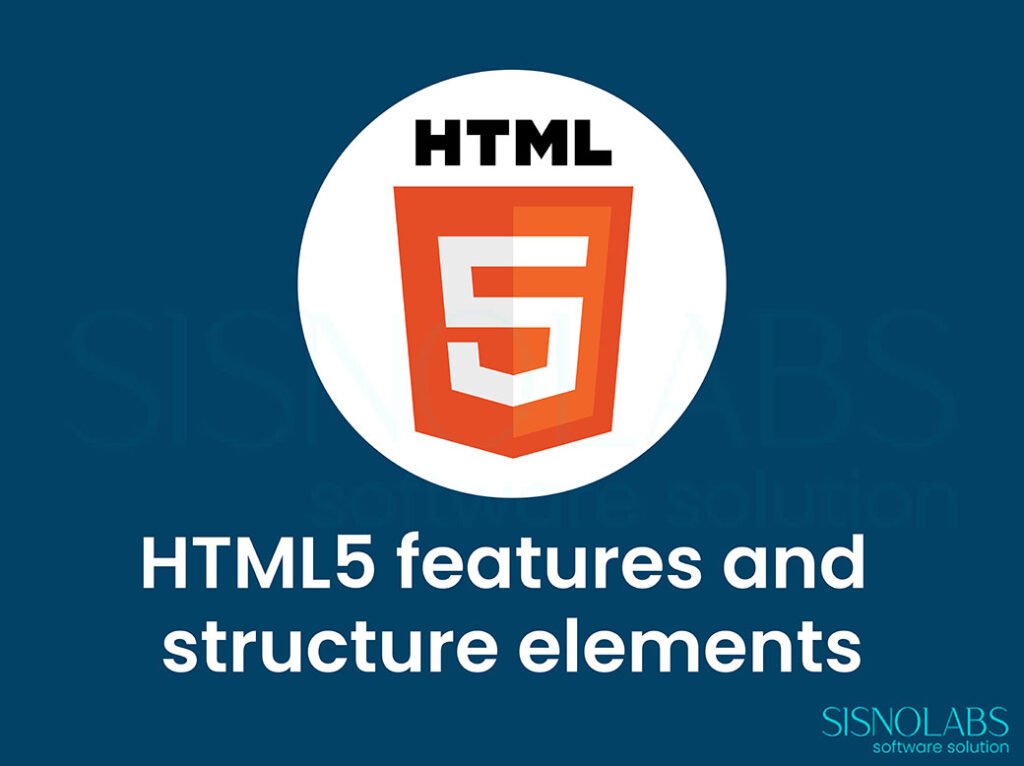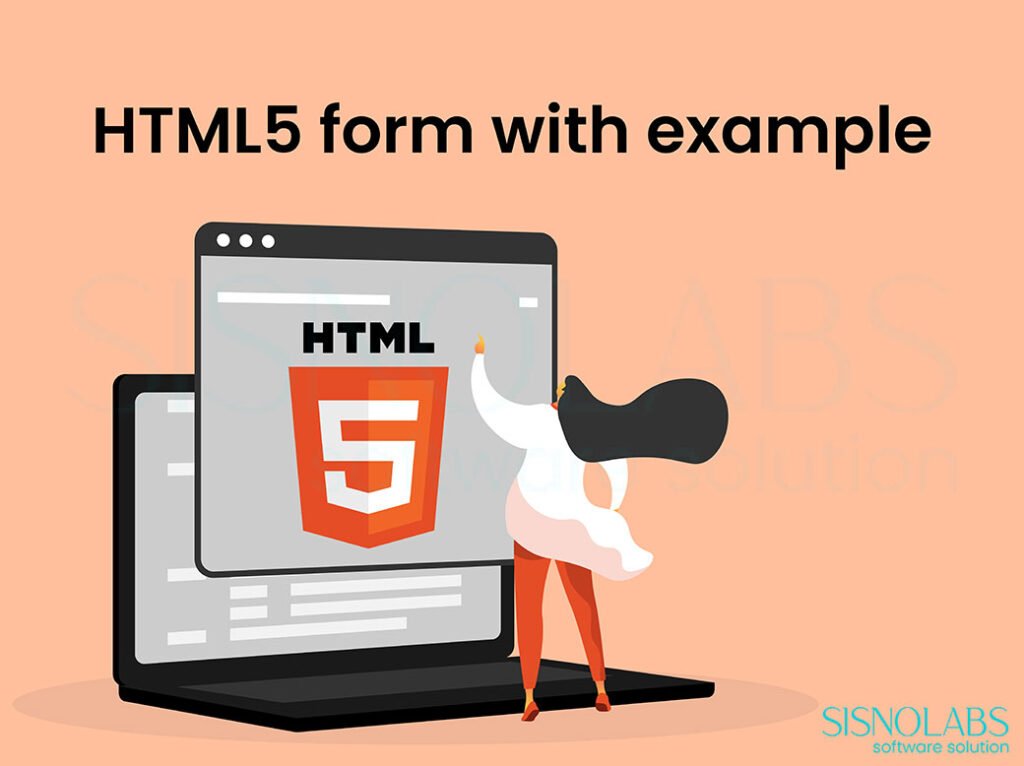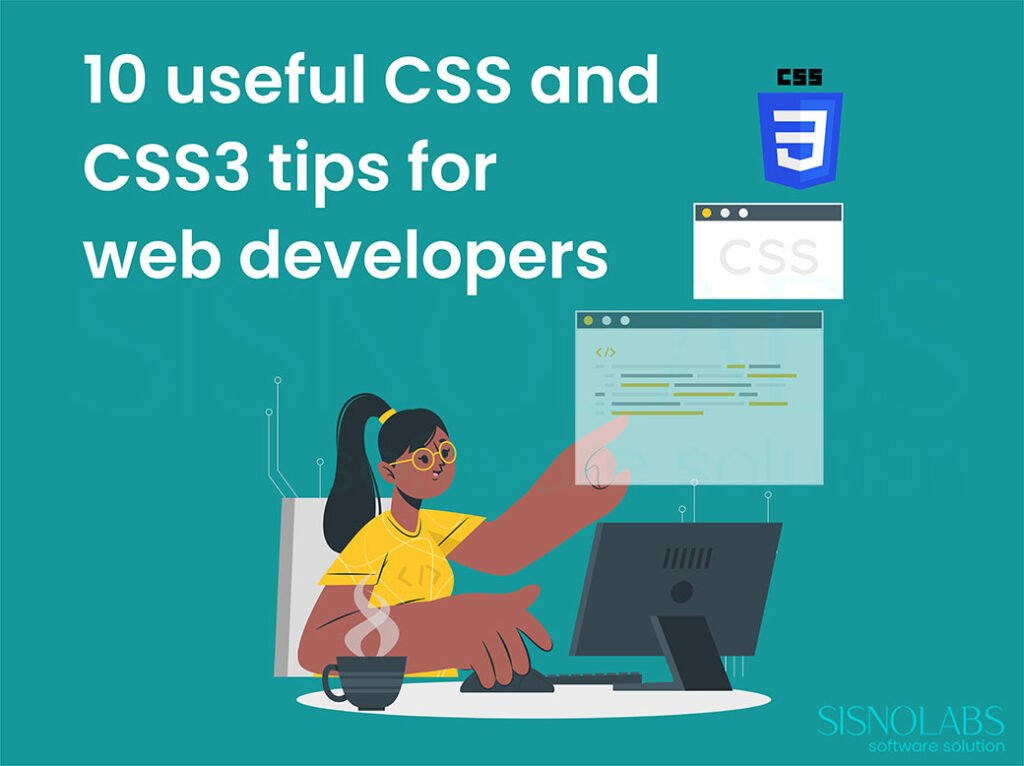The way we shop has completely changed. A decade ago, many small businesses relied mainly on physical stores and word of mouth. But today, the story is different. Online sales are booming, with more than one-fifth of all retail sales happening online last year. The global eCommerce market is worth trillions, and it’s still growing.
If you run a small business, this is an opportunity you cannot afford to ignore. Having an online store is no longer a luxury, it’s almost a requirement to compete and thrive. The good news? You don’t need to be a coding genius or have a massive IT team. With the right eCommerce website building platform, you can get started quickly, showcase your products, accept payments, and ship orders all from one place.
At sisnolabs.com we help businesses of all sizes set up powerful eCommerce websites. But before choosing the right partner, it’s important to know the different platforms available and which one fits your business best.
This blog will walk you through:
- What an eCommerce platform is
- How to choose the right platform for your business
- A detailed look at some of the best eCommerce website builders
- Pros, cons, pricing, and who each one is best suited for
So grab a cup of coffee and let’s dive in.
What is an eCommerce Platform?
Think of an eCommerce platform as the foundation of your online shop. It’s the software that helps you:
- Build and design your website
- Upload and manage your products
- Accept online payments
- Handle inventory and shipping
- Run marketing campaigns
- Track sales and analytics
In short, it’s everything you need to run your digital storefront.
The best platforms not only make it easy for beginners but also give growing businesses advanced tools as they expand. That’s why choosing the right one is so important, it’s like choosing the right location and design for a physical shop.
How to Choose the Right eCommerce Website Builder
If you’re new to this, the options can feel overwhelming. But don’t worry. Here are the key factors to consider before picking your platform:
- Budget – Start small and scale up. Look at the base price, but also check what upgrades cost later when your business grows.
- Features – Some platforms are simple, while others offer advanced tools like multi-store management or B2B features. Decide what matters most to your business.
- Ease of Use – If you’re not very technical, choose something with a user-friendly dashboard.
- Support – Problems will come. Does the platform have good customer service, or will you be left searching forums?
- Analytics – As your store grows, you’ll need data to make smart decisions. Strong reporting tools are a must.
Most importantly, don’t get stuck obsessing over the small details. Your goal is to start selling online. Pick a platform that gives you the basics, and you can always improve along the way.
Best eCommerce Platforms for Online Stores
Now let’s explore the top players. Each platform has its strengths, weaknesses, and ideal use cases.
1. Shopify – The All-in-One Favorite

Shopify is like the household name of eCommerce. Millions of businesses across the world use it, from tiny startups to celebrities launching their own brands.
What makes Shopify so popular is its simplicity. It’s designed as an all-in-one solution: hosting, payments, shipping, even marketing tools are built in.
Pros:
- Over 1 million stores globally proven track record
- 100+ themes to design your site beautifully
- 8,000+ apps for extra functionality
- Easy to use, even for complete beginners
- Mobile-friendly and secure
Cons:
- Charges extra fees if you don’t use Shopify Payments
- Limited B2B tools
- Not great for businesses managing multiple stores
- Customization options can feel restricted
Pricing:
- Standard: $39/month
- Plus: $105/month
- Pro: $399/month
- Shopify Plus (enterprise): Starts at $2,300/month
Best for: Small to medium businesses that want a quick setup without too much technical work.
2. Adobe Commerce (Magento) – The Powerhouse

If Shopify is like renting a ready-to-use store, Adobe Commerce (formerly Magento) is like buying land and building your dream shop from scratch.
It’s open-source, meaning you can customize it endlessly. Large companies love it because it allows complete control over the shopping experience. But, this freedom comes at a price, you’ll need developers and IT experts to manage it.
Pros:
- Full customization control
- Multi-store management for large businesses
- Advanced B2B features
- Integrates with Adobe’s ecosystem (like Adobe Experience Manager)
Cons:
- High setup and maintenance costs
- Needs a development team
- Updates can break customizations
- Limited official support
Pricing:
- On-premise: From $22,000
- Adobe Commerce Cloud: Around $40,000
Best for: Mid-to-large enterprises with IT resources that want flexibility and advanced features.
3. WooCommerce – The WordPress Favorite

If you already have a WordPress site or blog, WooCommerce is an easy way to turn it into a full-fledged online store. It’s a free plugin that integrates seamlessly with WordPress.
It’s highly customizable and has a huge library of extensions. But since it’s open-source, you’re responsible for hosting, security, and updates.
Pros:
- Free to use
- Huge community and plugin marketplace
- SEO-friendly (great for Google ranking)
- Fully customizable
Cons:
- Only works with WordPress
- Requires regular maintenance
- Can get expensive once you add hosting and extensions
- May need a developer for scaling
Pricing:
- Free plugin
- Hosting ranges from $3.95/month to $5,000+ depending on scale
Best for: Bloggers, content creators, or small businesses already using WordPress.
4. Wix – The Creative Beginner’s Friend

Wix started as a simple website builder but has grown into a decent eCommerce solution, especially for small startups and creatives.
Its drag-and-drop editor makes it super beginner-friendly. Even if you’ve never built a site before, you can have one ready in a day. However, it’s more of a website builder with eCommerce features, rather than a dedicated eCommerce powerhouse.
Pros:
- Extremely easy to use
- 300+ apps for extra features
- Beautiful modern templates
- Secure hosting included
Cons:
- Limited SEO and advanced features
- Hard to scale beyond a small business
- Restrictions on storage and API calls
- If you change themes, you need to rebuild from scratch
Pricing (eCommerce plans):
- Light: $17/month
- Core: $29/month
- Business: $36/month
- Business Elite: $159/month
Best for: Small startups, creative professionals, or those wanting a simple, low-maintenance store.
5. BigCommerce – The Scalable Option

As the name suggests, BigCommerce is built for businesses that want to grow big. It combines the ease of SaaS with the flexibility of open-source platforms.
It’s popular among mid-size and enterprise businesses because it has advanced features like multi-store management, B2B tools, and robust integrations.
Pros:
- Drag-and-drop page builder
- 24/7 support and professional services for enterprise users
- PCI compliant and highly secure
- Multi-store and advanced promotions manager
- Strong analytics and marketing tools
Cons:
- Can be too complex for small stores
- Fewer themes compared to Shopify or Wix
- Costs can add up for smaller businesses
Pricing:
- Standard: $39/month
- Plus: $105/month
- Pro: $399/month
- Enterprise: Custom pricing
Best for: Mid-size to large businesses looking for scalability and advanced features.
So, Which One Should You Choose?
It depends on your business goals, budget, and technical comfort:
- Just starting out? → Wix or Shopify will get you running quickly.
- Already on WordPress? → WooCommerce makes perfect sense.
- Scaling fast or managing multiple stores? → BigCommerce is a strong choice.
- Need full control and custom features? → Adobe Commerce is unmatched (if you have the resources).
At sisnolabs.com, we specialize in helping businesses choose the right platform, set it up, and customize it for growth. Whether you want a quick start with Shopify or a full custom build on Magento, we guide you every step of the way.
Final Thoughts
Building an online store may feel overwhelming, but it doesn’t have to be. With the right eCommerce platform, you can focus on what truly matters: selling your products and growing your brand.
The platforms we’ve explored Shopify, Adobe Commerce, WooCommerce, Wix, and BigCommerce, all have their place in the eCommerce world. The key is to find the one that fits your needs today, while also being flexible enough for your future growth.
The world of online shopping is only getting bigger. Don’t wait on the sidelines, your customers are already browsing online. If you’re ready to start your journey, sisnolabs.com can help you turn your business idea into a thriving online store.



